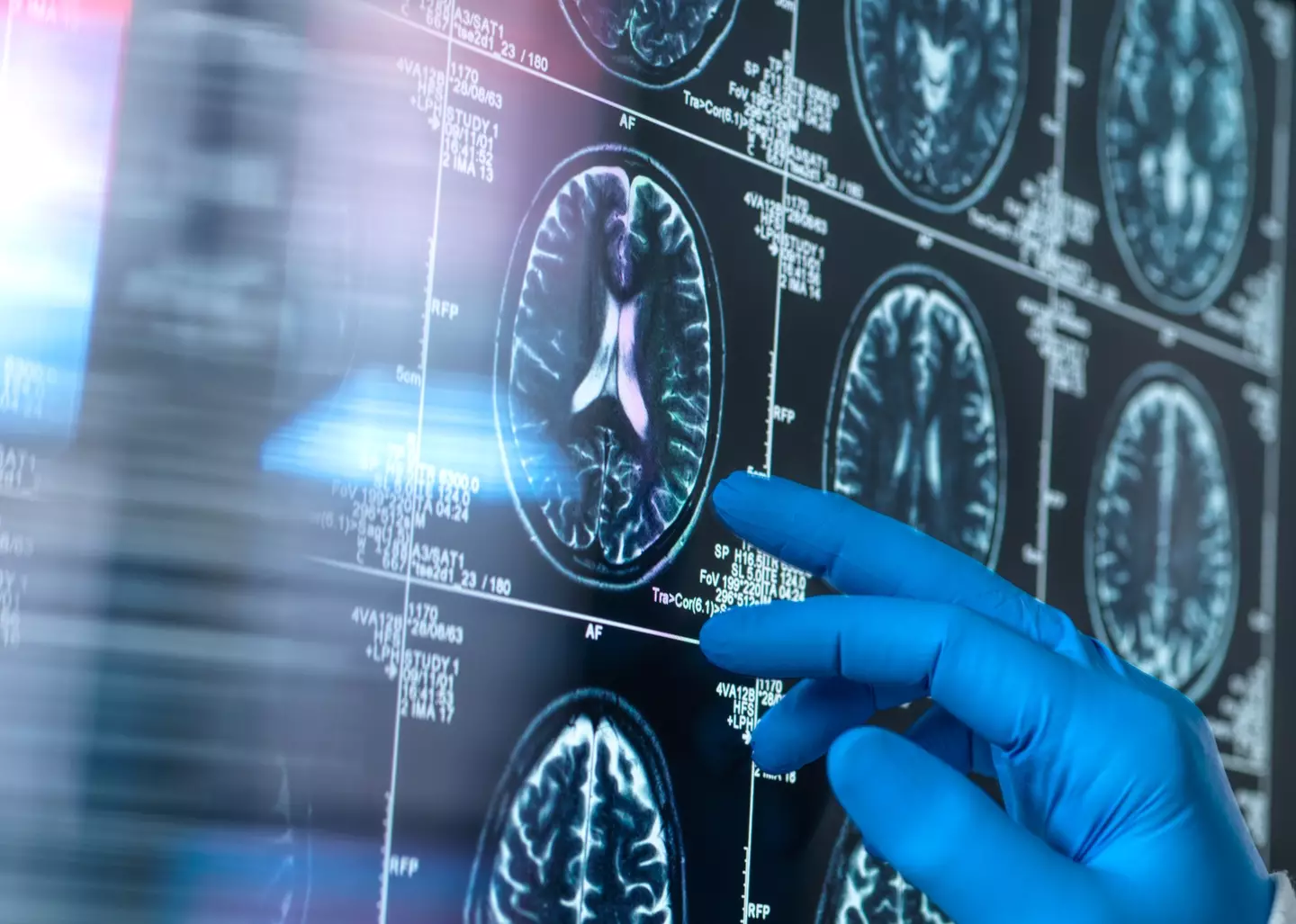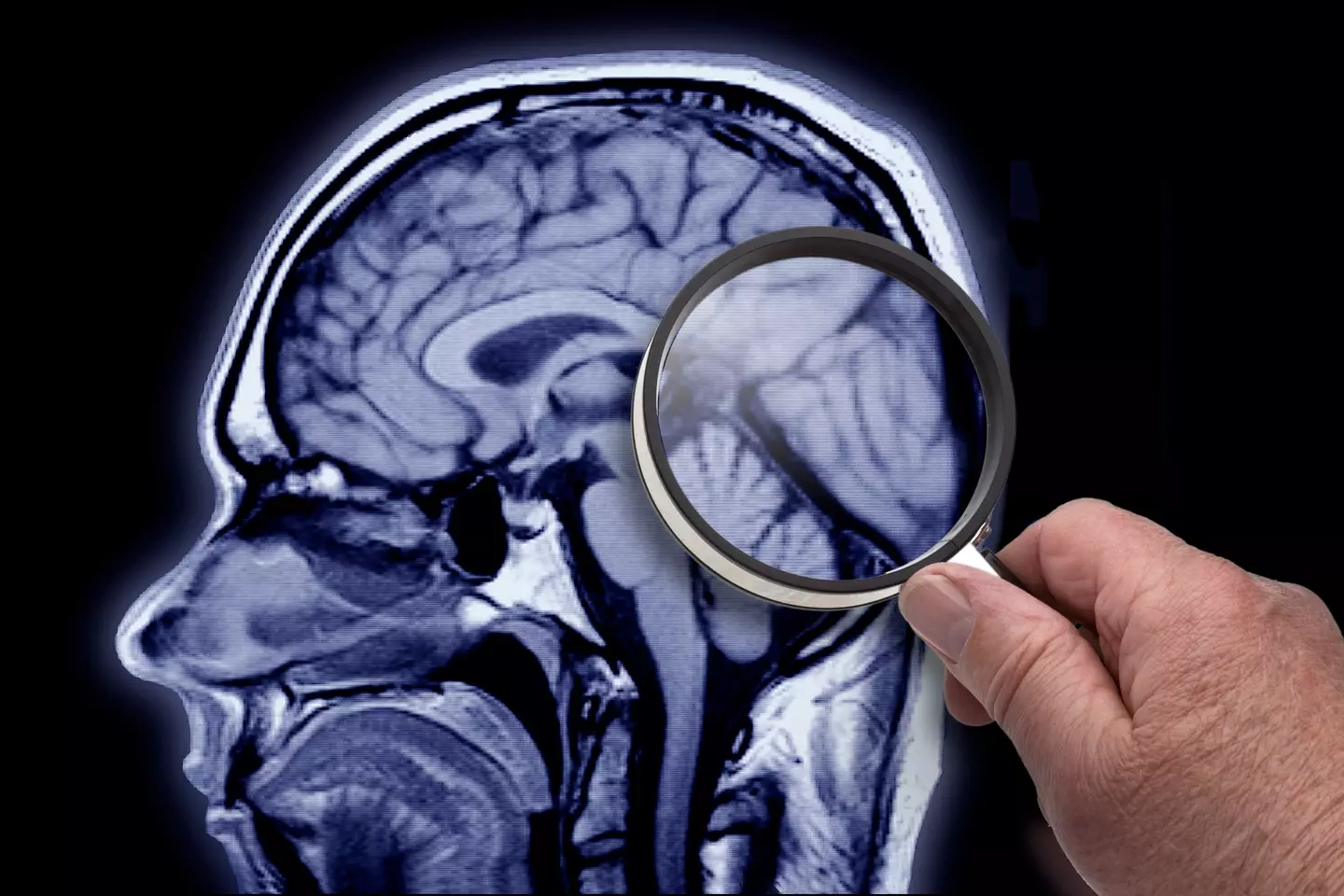
You might think of yourself as something of a Stephen Hawking, able to think faster than your friends and outsmart them with your lightning-fast intellect.
But, just how quick are you?
Scientists have now revealed the actual speed of human thought, and it turns out you might not be as nippy as you think.
As our brain collects data from our senses through receptors like our eyes and ears, it has to process what's going on.
Advert

Our brain has over 85 billion neurons, while around a third are dedicated to high-level thinking and sit in the developed cortex region of our outer brain.
According to the scientific journal Neuron, you really can only have one thing on your mind at a time because the human brain processes at 10 bits per second.
To put this into context, that's millions of times slower than the inputs.
Elsewhere, your average WiFi router runs processes at 50 million bits per second.
Scientists looked at previous research on human behaviors including everything from playing video games to solving Rubik's Cubes, deducing that our thinking speed is just 10 bits per second. They concluded that this number is 'extremely low'.
Discussing the findings, research co-author Markus Meister said: "Every moment, we are extracting just 10 bits from the trillion that our senses are taking in and using those 10 to perceive the world around us and make decisions.
"This raises a paradox: What is the brain doing to filter all this information?"

As nerve cells are known to be powerful processors that can transmit far more than 10 bits per second, the latest research suggests that the human brain is nowhere near as efficient. Researchers say that this 'speed limit' paradox needs to be studied further.
Elon Musk has promoted Neuralink by talking openly to Joe Rogan about the human brain's 'bandwidth problem', and as science evolves, he claims there's a genuine potential that we can unlock the power of the human mind.
For now, the idea that we can engage in infinite thoughts at the same time is referred to as a phenomenon known as 'the Musk illusion'. Meister and co-author Jieyu Zheng say that even if Musk could hook his brain up to a computer, he still wouldn't be able to communicate any faster.
Meister concludes: "We can only pay attention to so much, and that’s what becomes our conscious experience and enters memory."
What makes this study different from previous ones is that Meister says others never made 'any sense of numbers'. Now that we've got the magic number of 10 bits per second, it shows just how sluggish the human brain really is.